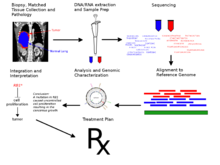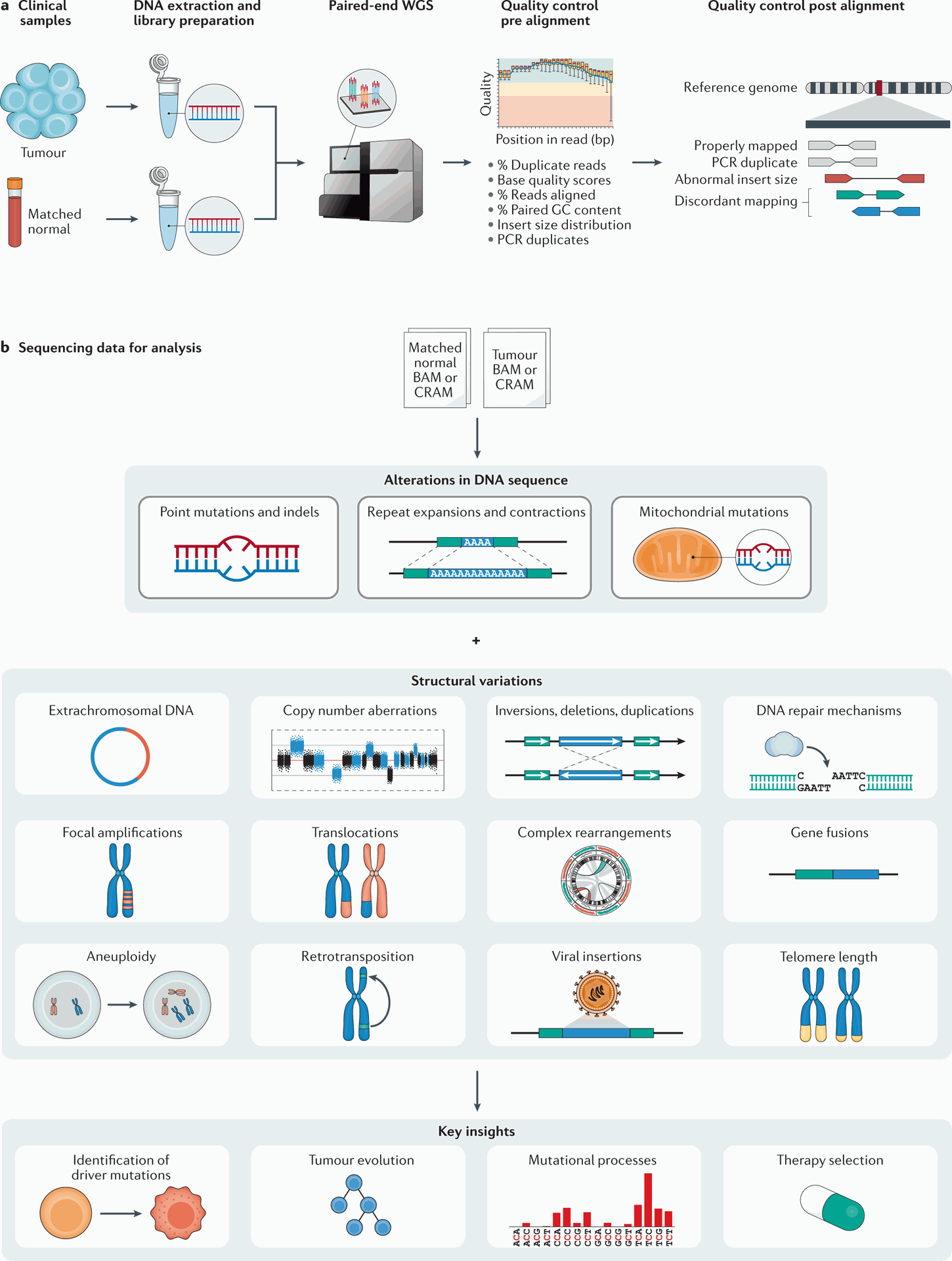Introduction:
Cancer is a complex disease characterized by uncontrolled cell division. DNA sequencing has become a critical tool for researchers studying the link between an individual's genetic makeup and cancer development. This blog post explores how DNA sequencing is used in cancer research, with a focus on its impact on diagnosis, prognosis, and treatment strategies.
DNA Sequencing Techniques in Cancer Research:
There are three main DNA sequencing techniques used in cancer research:
- Whole Genome Sequencing (WGS): This technique analyzes an individual's entire genetic code, identifying mutations that might predispose them to cancer.
- Targeted Sequencing: This technique focuses on specific genes known to be associated with cancer development, offering a faster and more cost-effective approach.
- RNA Sequencing (RNA-seq): This technique analyzes the transcriptome, revealing which genes are turned on (expressed) in cancer cells. This can identify genes that play a role in cancer and may be potential targets for treatment.

Impact of DNA Sequencing on Cancer Diagnosis and Prognosis:
- Precision Diagnostics: DNA sequencing allows researchers to identify the specific mutations driving a patient's cancer. This information can be used for a more accurate diagnosis and to develop personalized treatment plans.
- Risk Stratification: By analyzing germline mutations, DNA sequencing can identify individuals at high risk of developing certain cancers, enabling preventative measures to be taken.

DNA Sequencing and Personalized Cancer Therapy:
DNA sequencing provides valuable information for developing new cancer therapies:
- Targeted Therapies: By identifying the specific mutations causing cancer growth, researchers can develop drugs that target those mutations directly.
- Immunotherapy: DNA sequencing can identify tumor-specific mutations that the immune system can recognize. This information can be used to design personalized immunotherapies.
Challenges and Future Directions:
While DNA sequencing has significantly advanced cancer research, challenges remain in its full clinical integration. These challenges include interpreting complex data, addressing tumor heterogeneity (genetic variations within a tumor), and ensuring equitable access to the technology. Future developments will likely involve integrating DNA sequencing with other biological data (omics) and utilizing artificial intelligence for improved data analysis and personalized medicine approaches.
Conclusion:
DNA sequencing has revolutionized our understanding of cancer and holds immense potential for improving cancer care. Continued research in this field promises to improve diagnostic accuracy, refine treatment strategies, and ultimately lead to a future where cancer can be more effectively managed or even prevented.
For further details, please consider viewing this video:pen_spark